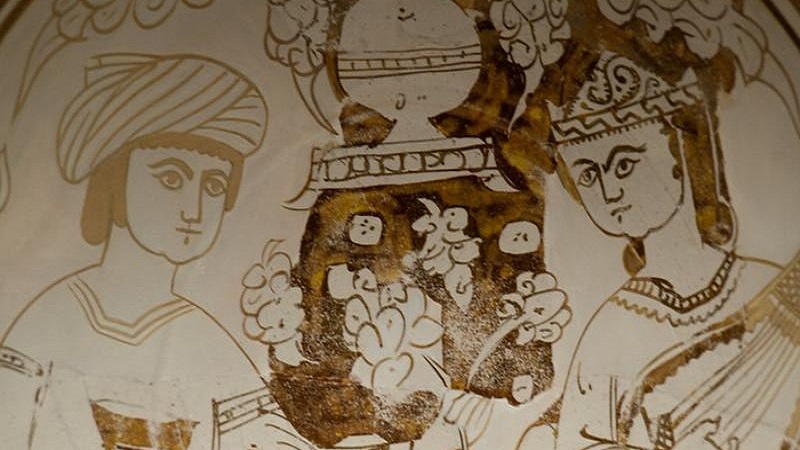Medieval Arabic Emotions: Where We Are
Mon, 8 Feb 2021, 5 to 6 pm Greenwich Mean Time (UTC±0)
Register here.
Speaker: Professor Julia Bray (St. John’s College, Oxford)
Medieval Arabists made a substantial contribution to the history of emotions in the mid-twentieth century, without using the label since it didn’t exist. The mainstream academic impact of their work was more or less nil, because the field was dominated by positivist philology. In the 21st century, in the broader field of Middle East Studies, early modernists (Mamlukists, Ottomanists, Persianists) have started the subject growing again, unevenly. What are the current trends, and why does medieval Arabic in particular need historians of emotions?
Brief bio:
I went to school in France, then did an Arabic degree at Oxford followed by cataloguing for the Hayward Gallery Arts of Islam exhibition and translating the archives of the British Political Agency Kuwait for publication by HMSO while writing my Oxford DPhil (1983), a reconstruction of a tenth-century Arabic work of poetic criticism and study of its author’s passionate commitment to a classical ideal. I then taught Arabic language and literature in specialist departments at Manchester and Edinburgh, in the School of History at St Andrews, and at Paris 8-Vincennes—Saint-Denis, where I took part in a new, idealistic, impractical and inspiring Masters programme in comparative literature (2003-2012). Throughout, I felt the accepted academic paradigms of analysis of medieval Arabic writing to be unselfcritical and underproductive. In Oxford, where I’ve been teaching since 2012, Barbara Rosenwein’s 2015 Humanitas lectures introduced me to the history of emotions; this led to a medieval Arabic panel at the 2017 ISCH conference on the history of emotions in Umea, Sweden, which convinced the participants that the questions raised by emotions history, and its wide range of practices, offer a compelling basis for denaturalising and de-essentialising our approaches, and can only improve our attentiveness to our sources. A result was the 2019 special issue of Cultural History, “Arabic Emotions: from the Qur’an to the Popular Epic”, co-edited with Helen Blatherwick, which aims to push Arabic emotions history out to a wider academic audience.


